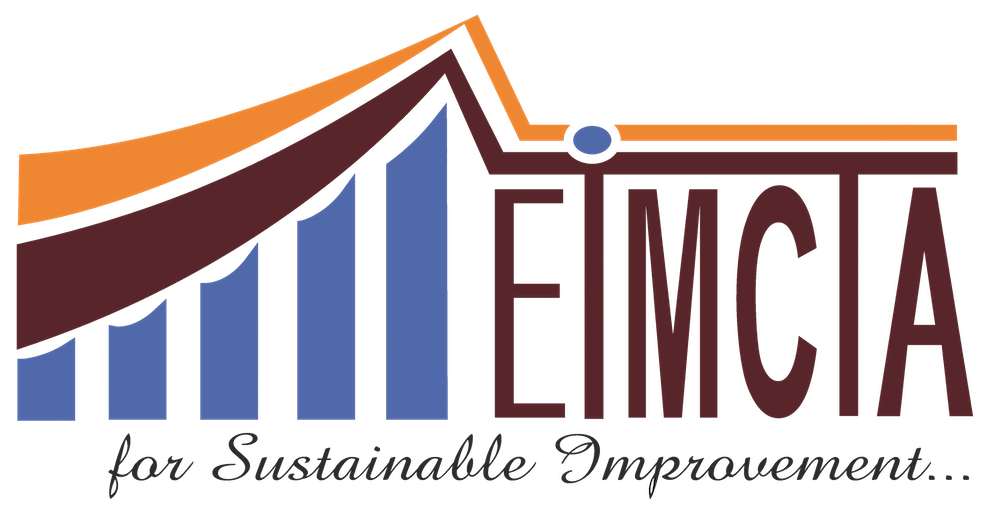
Water and Air Quality Analysis Standards: Ensuring Accuracy and Compliance
Water and air quality studies are vital for maintaining public health and environmental safety. Various international standards and guidelines ensure the accuracy, consistency, and comparability of results in these studies. This article explores key standards for water and air quality analysis, their benefits, and how organizations can apply them.
About The Standards
Water Quality Analysis Standards:
-
ISO 5667: This series provides guidance on water quality sampling, preservation, handling, and storage. It ensures that samples collected are representative of the water body being studied.
-
ISO 17025: This standard specifies general requirements for testing and calibration laboratories, ensuring technical proficiency and quality management in water quality testing.
-
US EPA Methods: The United States Environmental Protection Agency has developed various approved methods for analyzing water quality. One notable method is EPA Method 100.1, which focuses on the analysis of inorganic contaminants.
-
WHO Guidelines for Drinking-water Quality: These guidelines, published by the World Health Organization, set standards for ensuring safe drinking water.
-
ASTM D1252: This standard outlines the test methods for measuring chemical oxygen demand (COD) in water, a crucial parameter for assessing water quality.
Air Quality Analysis Standards:
-
ISO 17025: This standard also applies to air quality analysis, ensuring that laboratories conducting air quality testing meet competency requirements.
-
ISO 16000 Series: This series focuses on indoor air quality, covering measurement methods for various indoor pollutants and compounds.
-
US EPA Methods: Similar to water quality, the EPA provides numerous methods for air quality analysis, including the measurement of pollutants such as sulfur dioxide and particulate matter.
-
EN 13725: This European standard specifies methods for measuring odor concentrations, which is essential for assessing air quality.
-
ASTM D6226: This standard outlines practices for measuring the gas content of coal, which is relevant to air quality studies in coal-related industries.
Benefits of Water & Air Quality Study/Analysis
Adhering to these standards offers several benefits:
- Accuracy: Ensures reliable and valid results in water and air quality assessments.
- Consistency: Standardized procedures lead to comparable data across different studies and laboratories.
- Compliance: Meeting international standards enhances regulatory compliance and public trust.
- Quality Assurance: Establishes quality management systems that improve laboratory performance.
Who Can Apply?
These standards can be applied by:
- Environmental agencies
- Research institutions
- Laboratories conducting water and air quality analyses
- Organizations involved in environmental monitoring
How Can You Apply?
Organizations looking to implement these standards can follow these steps:
- Familiarization: Understand the specific standards relevant to water and air quality analysis.
- Training: Train laboratory personnel on the proper procedures and methods outlined in the standards.
- Quality Management Systems: Establish quality management systems to ensure ongoing compliance and continuous improvement.
- Documentation: Maintain thorough documentation of procedures, results, and compliance efforts.
YouTube Video
For more insights on water and air quality standards, check out this informative video: Water and Air Quality Standards Explained.
